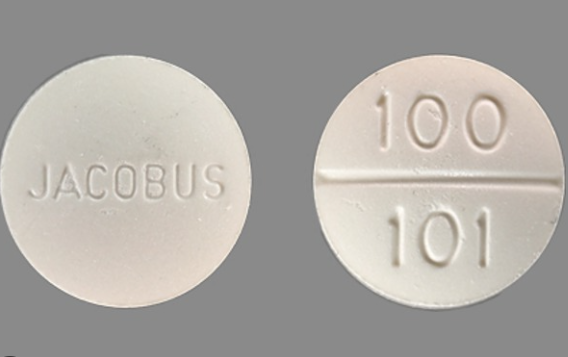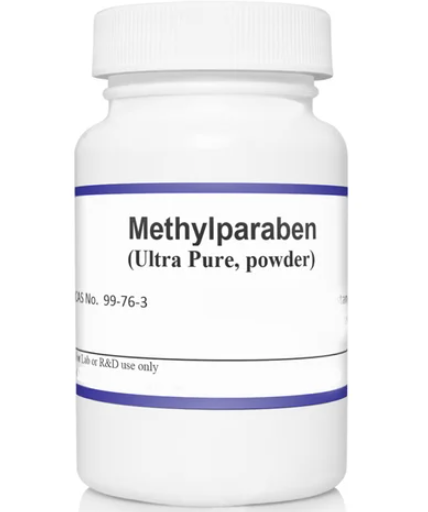4,4'-Diaminodiphenylsulfone: an effective antibiotic
Jul 9,2024
Introduction
4,4'-Diaminodiphenylsulfone, also known as dapsone (DDS), is a widely employed chemical entity, being used both as a hardening agent in the curing of epoxy resins and as a therapeutic agent for the treatment of bacterial infections in humans and animals, approved as an antibiotic by Food and Drug Administration since 1963. It is commonly used as a cross-linking and curative agent and for synthesising polysulfone-based polymers. 3,3′-DDS and 4,4′-DDS can be used to formulate structural materials (advanced composite materials), including carbon fibre, speciality reinforcements, resins, honeycomb, adhesives, engineered honeycomb composite structures, and prepregs (and other fibre-reinforced matrix materials).

Uses
DDS has been used as an oral drug since 1949. Initially, it was approved for leprosy, which is still frequently used. In addition to its antimicrobial effects, DDS is a potent anti-inflammatory agent with high effectiveness in dermatitis herpetiformis and various other inflammatory dermatological conditions. More recently, dapsone has been used as an effective antibiotic for prophylaxis against Pneumocystis carinii pneumonia (PCP), an opportunistic disease in HIV infection, often diagnosed when the pathology is severe, occurring very frequently in women where it seems to be the first or the second AIDS-related illness. Therefore, the therapeutic interest in this antibacterial agent has increased.
Biological activity
Both SARS-CoV and SARS-CoV-2 are pH dependent and require acidification of endosomes and lysosomes to infect the cells. DDS has multiple activities. First, DDS blocks myeloperoxidase (MPO), which hampers the low-pH-dependent steps of viral replication, including fusion and uncoating. Myeloperoxidase is a kind of oxidoreductase that catalyzes the chemical reaction of the following reaction: H2O2 + Cl− = H2O + OCl−. DDS binds to myeloperoxidase and regulates the production of hypochlorite, thereby reducing cells' inflammatory response. This may explain vulnerability in the elderly, diabetics, and obese patients.
Side effects
Although DDS is generally well tolerated and suitable for long-term treatment, adverse drug reactions may occur. Obligatory (dose-dependent) adverse drug reactions include hemolytic anaemia and methemoglobinemia. Important, less well-known, potentially fatal adverse drug reactions with unknown pathomechanisms are hypersensitivity reactions to DDS, such as dapsone hypersensitivity syndrome. Clinicians should be aware of hypersensitivity reactions to DDS.
[1] Jong-Hoon Lee. “4,4’-Diaminodiphenyl Sulfone (DDS) as an Inflammasome Competitor.” International Journal of Molecular Sciences (2020).
References:
[1] JONG-HOON LEE. 4,4’-Diaminodiphenyl Sulfone (DDS) as an Inflammasome Competitor.[J]. ACS Applied Materials & Interfaces, 2020. DOI:10.3390/ijms21175953.
- Related articles
- Related Qustion
- Side effects of Dapsone Mar 9, 2022
Dapsone (4,4'-diaminodiphenylsulfone) is a sulfone that was the first effective antimicrobial for the treatment of leprosy. It has since been found useful in the treatment and prevention of malaria, Pneumocystis jirovecii, and Toxoplasma go
- Applications of 4,4'-Diaminodiphenylsulfone Nov 22, 2019
4,4'-Diaminodiphenylsulfone; Application; Use
Supplementation with pyridoxal 5'-phosphate monohydrate can synthesize neurotransmitters such as dopamine and serotonin, maintaining a healthy nervous system.....
Nov 4,2025Biochemical EngineeringMethylparaben belongs to a group of chemicals known as parabens. These are preservative ingredients that people have used for almost 100 years to prevent the growth of fungi, bacteria, and yeast, which could cause products to spoil.....
Jul 9,2024Organic reagents4,4'-Diaminodiphenylsulfone
80-08-0You may like
4,4'-Diaminodiphenylsulfone manufacturers
- 4,4'-Diaminodiphenylsulfone
-

- 2025-11-08
- CAS:80-08-0
- Min. Order:
- Purity: 0.99
- Supply Ability:
- Dapsone
-

- $29.00 / 1mL
- 2025-11-07
- CAS:80-08-0
- Min. Order:
- Purity: 99.84%
- Supply Ability: 10g
- 4,4'-Diaminodiphenylsulfone
-

- $65.00 / 1kg
- 2025-11-07
- CAS:80-08-0
- Min. Order: 1kg
- Purity: 0.99
- Supply Ability: 20MT






